

National Directors for Republic of Congo
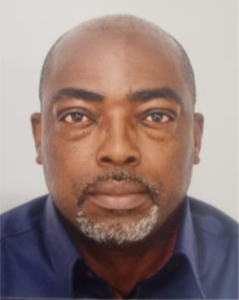
VALENTIN MBERI
country director

NATHALIE CLAUDE
MAVOUNGOU BAYONNE
Deputy country director

MICHEL KIODI
national secretary

Yvon Ghislain MAKAYA
special ini=vitation director

ELIE CLAUDE LIKIBI TSOUMOU
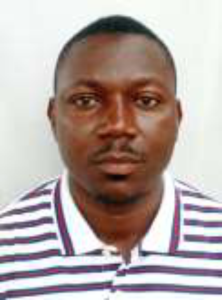
JEAN-JACQUES SEMBE
professeur dánlais au college
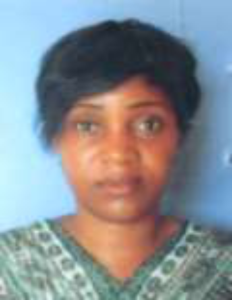
ROSIA JUDITH AKOUABOSSI
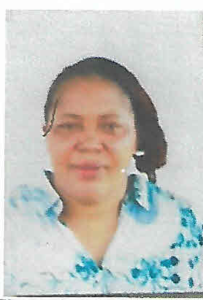
Annie Bwanamoto Mahamba Nzinge

kifoulou serge edgard

Thécia Michaëlle
ENGAMBE
project coordinator women counseling

Bonaparte Arnaud
MOMBO NZENGUI
project coordinator online & IT

GREGOIRE NDZAKA
policy lobbying making campaigning director

Yonel Dugaise Guelor MBERI NGOUARI
special events director

Moukassa Ngouaka
avocat defenseour

Pierre NZASSI

PANDY SALVADOR
expert-comptable

MIMY CLAUDINE NIANGA
fundraising director
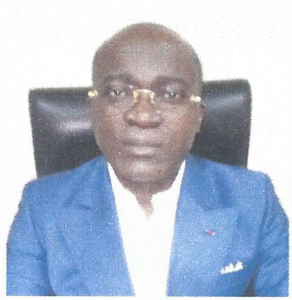
Dah Kana Atigha
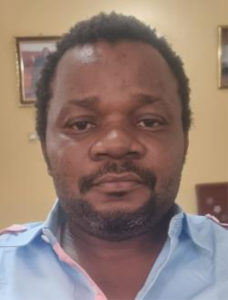
Franck Medard NGOMA MANKOU MOUNGOUNGA
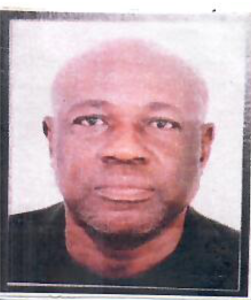
Alain Ndebeka

DIAWARA ABDOULAYE
Congo Brazzaville
The Republic of the Congo is also known as Congo Brazzaville, or Little Congo. It sits in Central Africa and is bordered by Cameroon, the Central African Republic, the Democratic Republic of the Congo, Angola’s exclave province of Cabinda, Gabon, and the Gulf of Guinea.

Bantu tribes dominated the region and traded into the Congo River basin. The country is a former French colony. In 1960 after gaining independence, the French Region known as the Middle Congo became the Republic of the Congo. From 1970 to 1991, the area was a Marxist-Leninist state known as the People’s Republic of the Congo. Multiparty elections were held beginning in 1992 but a civil war in 1997 ousted the government.

History
The Pygmy people were the earliest inhabitants but were later displaced by the Bantu. The Bakongo, a Bantu ethnic group, also occupied parts of modern day Gabon, Angola, and Democratic Republic of the Congo. Bantu kingdoms like the Kongo, Teke, and Loango, built Congo River basin trade lines.
Europeans first made contact with the area’s people in the 15th century when Portuguese charted the continent’s coastline. Commercial relationships were established. Europeans traded with Bantu kingdoms, offering manufactured goods. The Congo River’s delta was a major transatlantic trade hub. The Bantu power dissipated once Europeans began to actively colonize the area in the late 19th century.
In the 1880s, the area was under French control. The French organized French Equatorial Africa (AEF) in 1908. This colony was made up of Gabon, Chad, Middle Congo (present day Congo), and Oubangui-Chari (modern Central African Republic). Brazzaville became its capital. Natural resources became the focus of development in the first 50 years of French colonial rule. After the Conference of 1944, the Congo benefitted from the expansion of the resulting administrative and infrastructure spending. The colony’s central location in the AEF and the capital’s location there also helped the colony benefit.
Independence was earned on August 15, 1960 as the Congo Republic. The first president was Fulbert Youlou. Labor elements and political parties started a three day uprising causing him to lose power. The military took control and installed a provisional government with Alphonse Massamba-Debat as the head. He was elected president under the 1963 constitution for a five year term. Scientific socialism was the constitutional ideology.
Congo established a relationship with the Soviet Union in 1965 as well as the People’s Republic of China, North Vietnam, and North Korea. Massamba-Debat could not bring factions together and his reign ended with a coup in August 1968. The new president, Marien Ngouabi, participated in the coup. In 1969, he declared the Congo Africa’s first “people’s republic.” Ngouabi also changed his party name to the Congolese Labour Party (PCT). He was assassinated on March 16, 1977. A Military Committee of the Party (CMP) led the interim government. Joachim Yhombi-Opango was the country’s leader, but he was forced from power two years later. Denis Sassou Nguesso became the next president.
Sassou Nguesso formed an Eastern Bloc alliance and entered into a twenty year pact with the U.S.S.R. As time went on, Sassou relied more on oppression to maintain his position.
